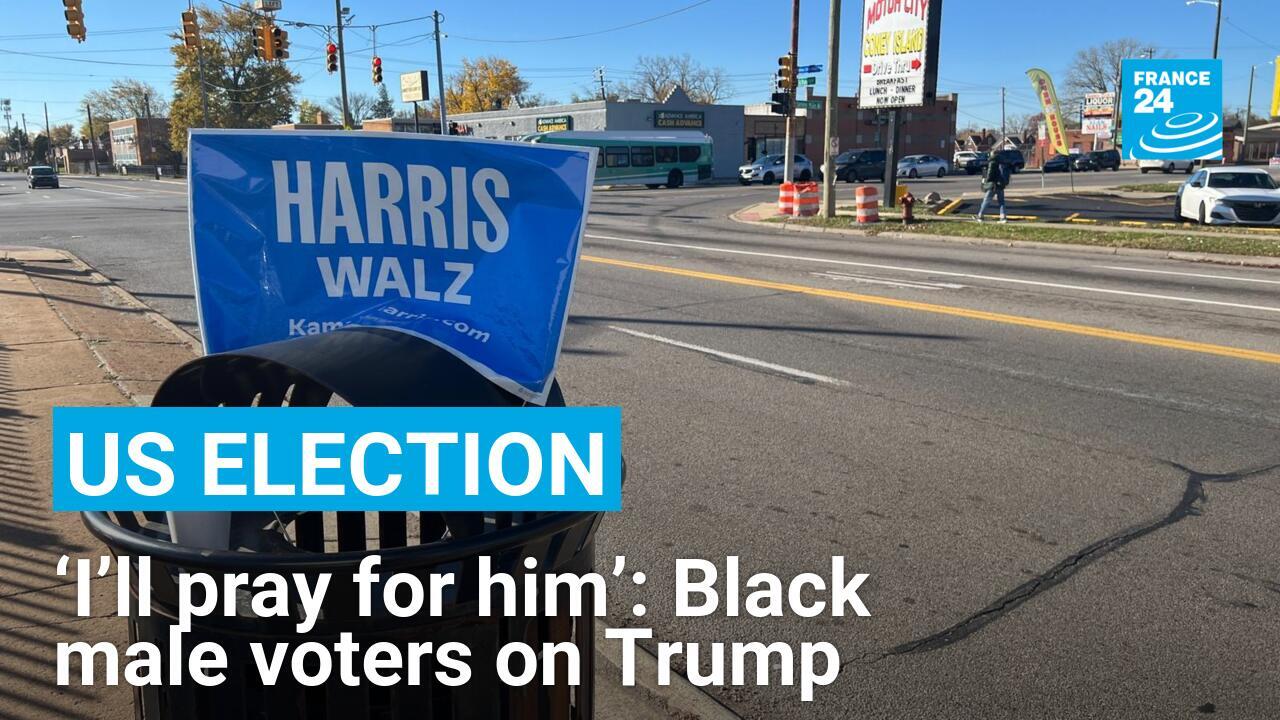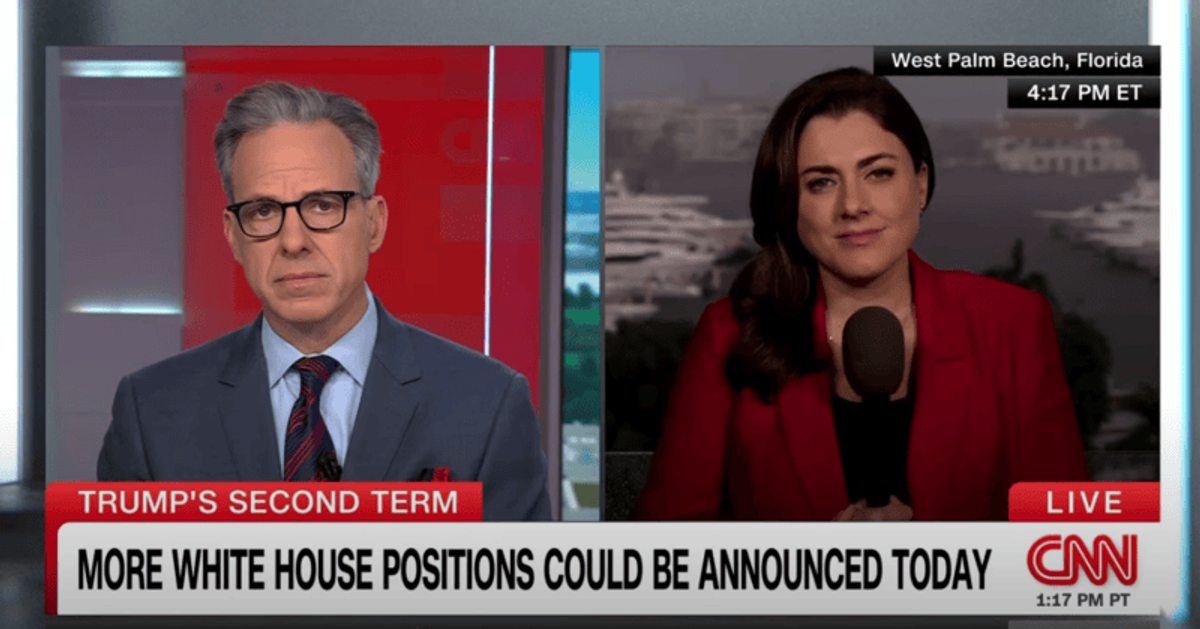The 27 Club isn’t true, but it is real − a sociologist explains why myths endure
The Conversation
November 8, 2024 1

Many members of the 27 Club are outsize in their cultural influence.
Psychology Forever/Wikimedia Commons, CC BY-SA
There’s a certain allure to the notion that some of the world’s brightest stars burn out at the age of 27. The so-called 27 Club has captivated the public imagination for half a century. Its members include legendary musicians Jimi Hendrix, Janis Joplin, Jim Morrison, Kurt Cobain and Amy Winehouse. The idea is as seductive as it is tragic: a convergence of talent, fame and untimely death at a singular age.
But is there any truth to this phenomenon, or is it merely a story we tell ourselves and each other about fame and youth?
In our newly published research, my colleague Patrick Kaminski and I explore why the 27 Club persists in culture. We didn’t set out to debunk the myth. After all, there is no reason to think that 27 is an especially dangerous age beyond superstition.
Rather, we wanted to explore the 27 Club to understand how such a myth gains traction and affects people’s perception of reality.
There’s a certain allure to the notion that some of the world’s brightest stars burn out at the age of 27. The so-called 27 Club has captivated the public imagination for half a century. Its members include legendary musicians Jimi Hendrix, Janis Joplin, Jim Morrison, Kurt Cobain and Amy Winehouse. The idea is as seductive as it is tragic: a convergence of talent, fame and untimely death at a singular age.
But is there any truth to this phenomenon, or is it merely a story we tell ourselves and each other about fame and youth?
In our newly published research, my colleague Patrick Kaminski and I explore why the 27 Club persists in culture. We didn’t set out to debunk the myth. After all, there is no reason to think that 27 is an especially dangerous age beyond superstition.
Rather, we wanted to explore the 27 Club to understand how such a myth gains traction and affects people’s perception of reality.
Is the 27 Club real?
The origin of the 27 Club dates back to the early 1970s, following the deaths of Brian Jones, Jimi Hendrix, Janis Joplin and Jim Morrison – all at age 27, within a span of two years.
This uncanny coincidence left its mark on collective memory. It wasn’t just their age. It was the common thread of musical genius, countercultural influence and the tragic allure of lives cut short by a cocktail of fame, drug use and the struggle of being human. The narrative is not just compelling but almost mystical in its synchronicity.
Analyzing data from 344,156 notable deceased individuals listed on Wikipedia, we found that while there’s no increased risk of dying at 27, those who do die at that age receive significantly more public attention. Using Wikipedia page views as a proxy for fame, our study revealed that the legacies of these 27-year-olds are amplified, garnering more visibility than those who die at adjacent ages.
This increased visibility has a strange effect: People are more likely to encounter those who died at 27 than other young ages, even if they are not aware of the myth. This in turn creates the appearance of greater risk of mortality at 27. The myth of the 27 Club is a self-fulfilling prophecy: It became “real” because we believed it.
Why is the 27 Club a thing?
We believe this phenomenon can be understood through three interrelated concepts: path dependence, stigmergy and memetic reification.
Path dependence refers to how random events can set a precedent that influences future outcomes. The initial cluster of high-profile deaths at age 27 was statistically improbable – we estimate that one in 100,000 timelines would have four such famous deaths at age 27 – but it established a narrative pathway that has persisted and shaped collective reality.
Stigmergy describes how traces of an event or action left in the environment can indirectly coordinate future events or actions. In the digital age, platforms such as Wikipedia serve as repositories of collective memory. The existence of a dedicated 27 Club page, with links to its members’ pages, increases the visibility of those who die at 27. This creates a feedback loop: The more we click, the more prominent these figures become, and the more the myth is reinforced.
Finally, what we call memetic reification captures how beliefs can shape reality. We draw from a sociological concept called the Thomas theorem, which states that if you “define a situation as real, they are real in their consequences.” The 27 Club myth has tangible effects on cultural memory and fame. By imbuing significance into the age of 27, society elevates the legacies of those who die at that age, making the myth materially consequential.
Why do myths endure?
Why do such myths endure? At their core, myths are not about factual accuracy but about narratives that resonate with people. They thrive on mystery, tragedy and the human penchant for finding patterns even in randomness. The story of the 27 Club is poetic, encapsulating the fleeting nature of genius and the fragility of life. It’s a story that begs to be told and retold, regardless of its veracity.
This isn’t an isolated phenomenon. Cultural patterns often arise from chance events that, through collective commitment and storytelling, become embedded in our understanding of the world.
Your social world shapes what you value and how you behave.
Consider the evolution of language – why do we call a dog a “dog”? There is nothing doggy about the word. Philosopher Ludwig Wittgenstein observed that nearly all symbols are arbitrary. Some countries drive on the left side of the road while others on the right. While the choice to adopt left- or right-side traffic is influenced by neighboring countries or car producers, ultimately these followed from an arbitrary resolution to the need to pick one side or the other. These conventions began as random occurrences that, over time, became standardized and meaningful through social reinforcement.
The 27 Club serves as a lens through which you can examine the power of mythmaking in shaping perceptions of history and reality. It highlights how collective beliefs can have real-world consequences, influencing who becomes immortalized in cultural memory. It’s a testament to the complex interplay between chance events, storytelling and the mechanisms by which myths are perpetuated.
Though we may appear to dispel the myth of the 27 Club, let’s not abandon the story. We’re myth trusters, not myth busters. In unraveling the myth, we’re acknowledging the profound ways in which narratives influence our collective consciousness. By understanding the processes behind myth formation, we can better appreciate the richness of culture and the stories people choose to tell.

Zackary Okun Dunivin, Postdoctoral Fellow in Communication, University of California, Davis
This article is republished from The Conversation under a Creative Commons license. Read the original article.


































